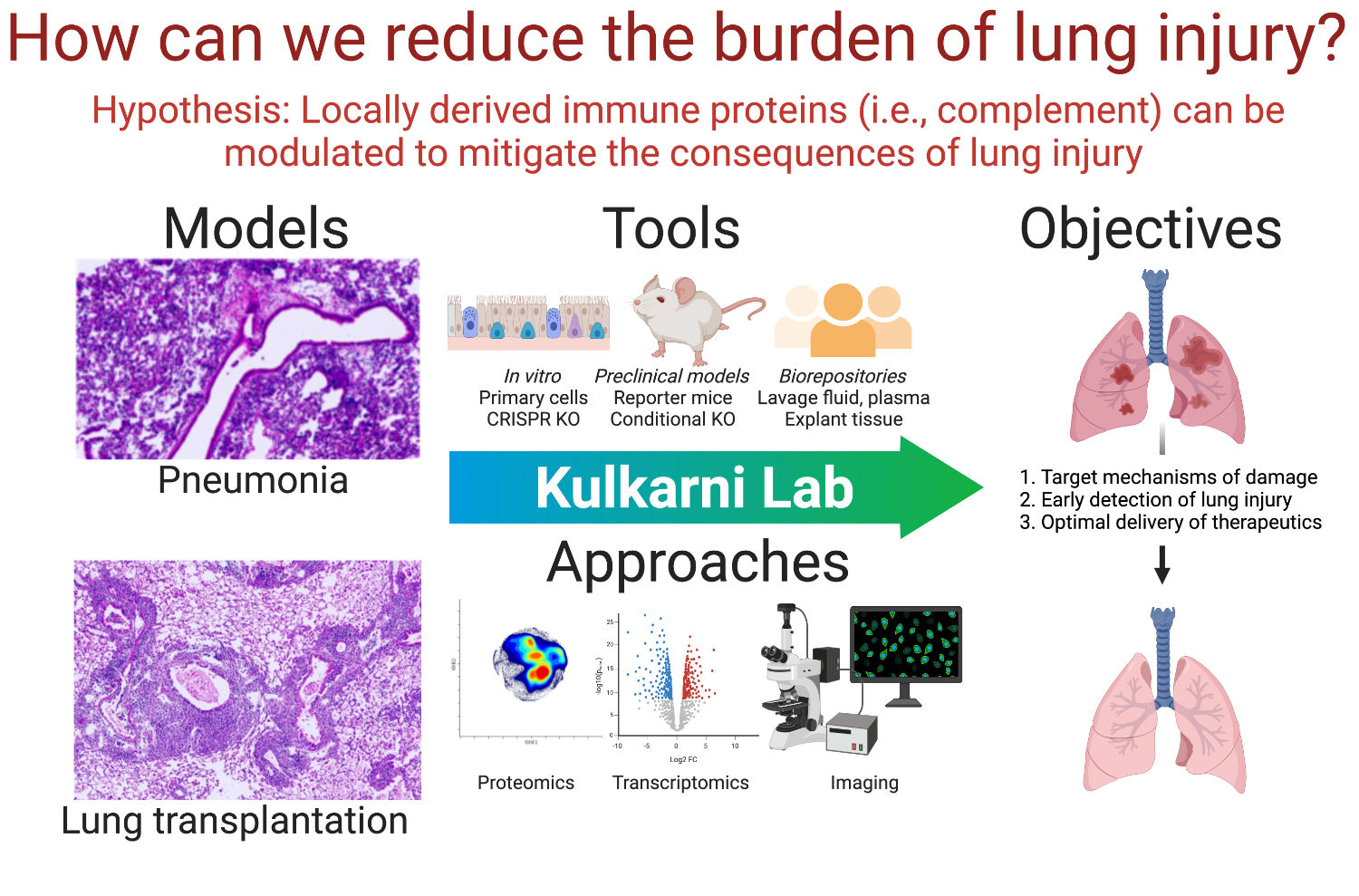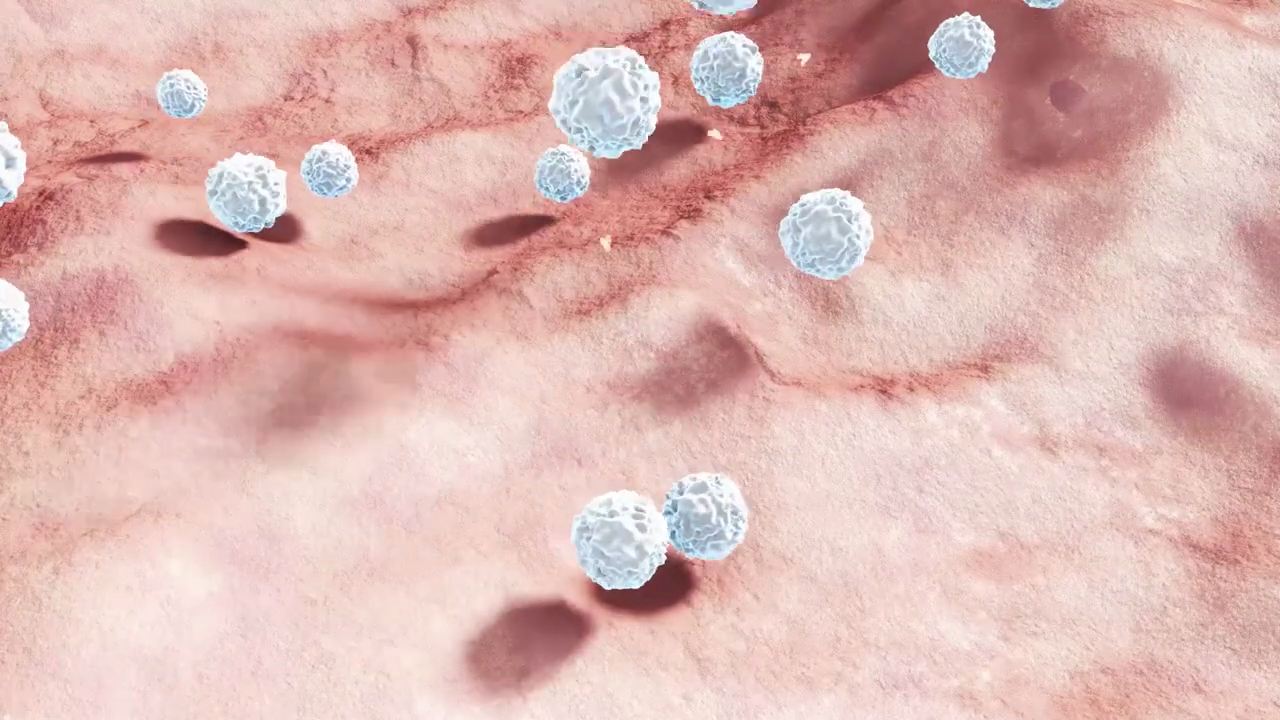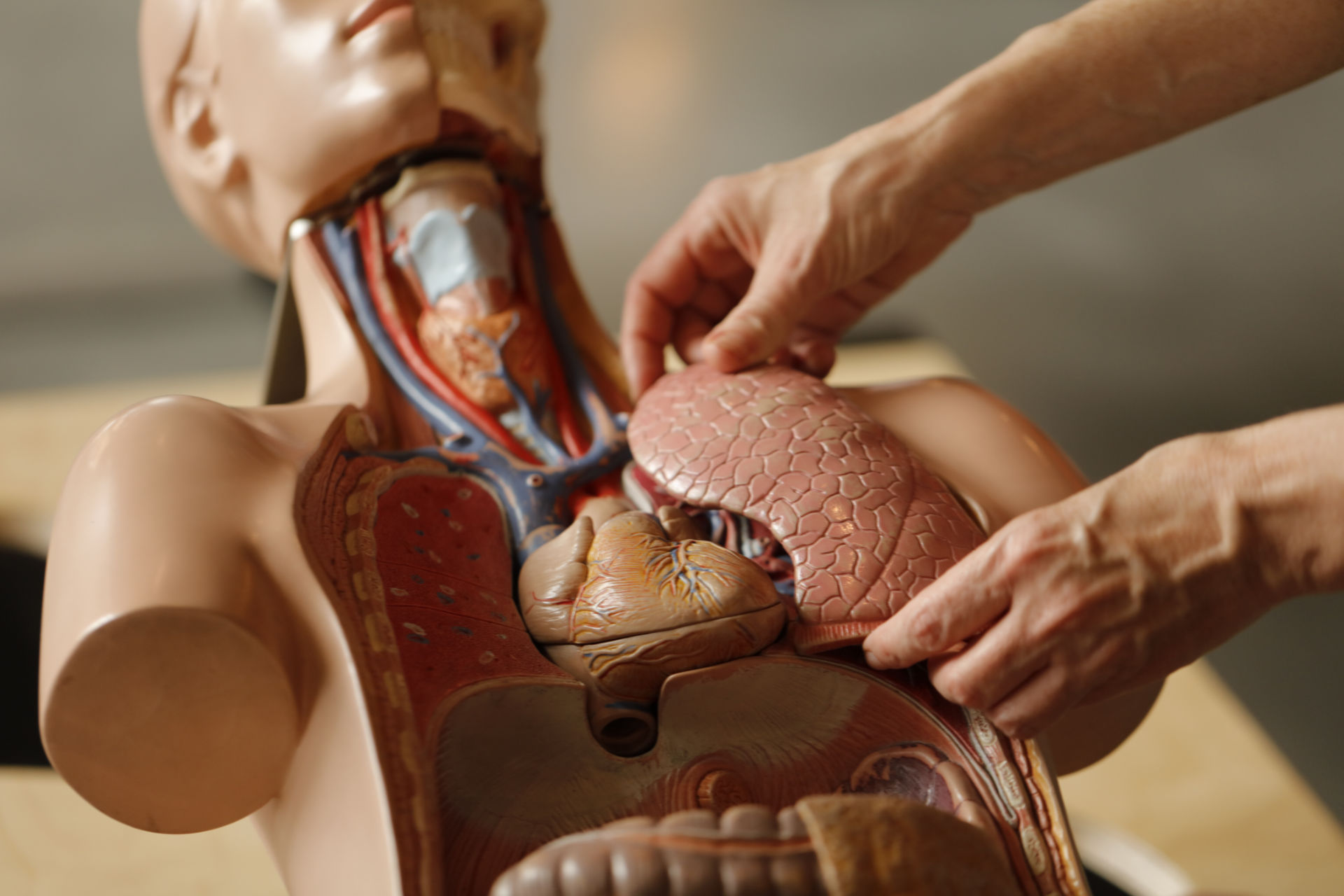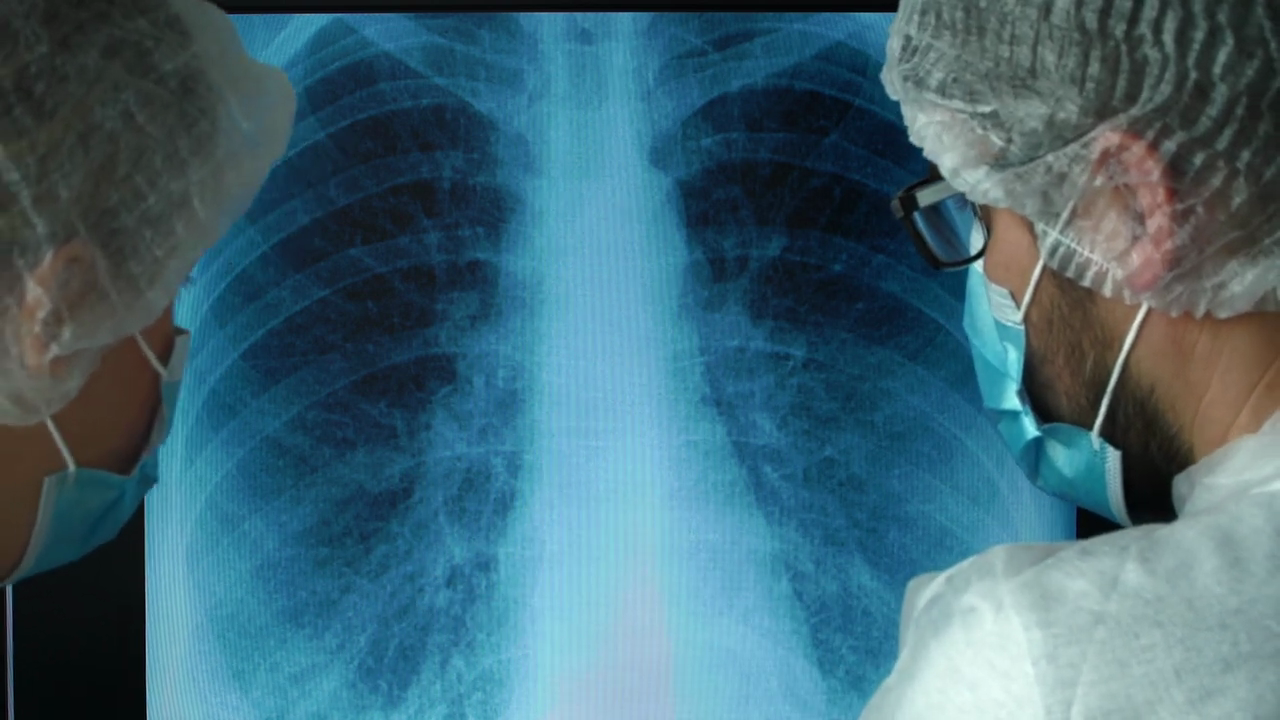
The overarching goal of our research program is to determine how epithelial cell-derived proteins can be harnessed to mitigate the risk of acute lung injury in various settings, to ultimately reduce the burden of end-stage lung disease. We have active projects investigating lung injury due to pneumonia, and the short- and long-term pulmonary complications following transplantation. We utilize state-of-the-art technical modalities including flow cytometry, ELISA, protein and DNA-based molecular biology, biochemistry, cell/tissue culture, fluorescence and confocal microscopy, and DNA/RNA sequencing.
A major focus of our work involves distinguishing the role of locally-derived complement proteins in the lung from those present in the blood, and how they modulate the development of pneumonia and acute lung injury. We use multiple in vitro and in vivo approaches to dissect the mechanism by which these proteins contribute to cellular survival. Additionally, we draw upon a robust biorepository of lung tissue, bronchoalveolar lavage fluid and DNA from lung transplant recipients to guide and validate our research.


